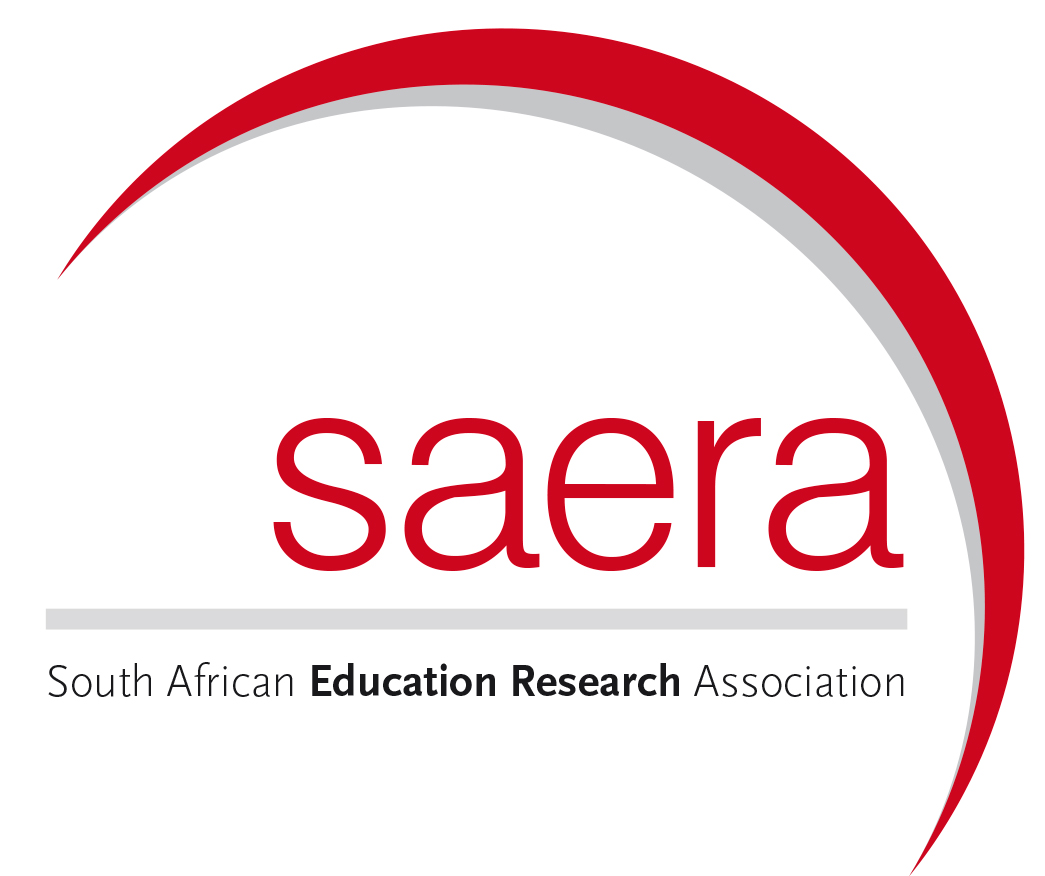Original Research - Special Collection: COVID-19
Reflections on COVID-19 and the viability of curriculum adjustment and delivery options in the South African educational space
Submitted: 23 October 2020 | Published: 05 May 2021
About the author(s)
Hosea O. Patrick, Global Migration and Community Development, Faculty of Built Environment and Development Studies, University of KwaZulu-Natal, Durban, South AfricaRhoda T.I. Abiolu, The Centre for General Education, Durban University of Technology, Durban, South Africa
Oluremi A. Abiolu, The Federal University of Technology, Akure, Nigeria
Abstract
Background: The coronavirus disease (COVID-19) pandemic brought unprecedented changes leading to ‘business unusual’ in all facets of life and livelihood on a global scale. The restrictions on gathering, social distancing and lockdown measures necessitated by the need to curtail its spread, had, and still have an enormous impact on the educational sector as indeed all spheres of life. These measures implied a change in the traditional modus operandi of curriculum and delivery options for educational institutions in South Africa in the bid to continue academic sessions. Hence, a transition of educational institutions from physical interactions to virtual meetings and the need to evolve curriculum contents and delivery.
Aim: With the peculiarity of the South African socioeconomic and political space, this article assessed the viability of curriculum change and delivery options (e-teaching and learning) for both students and instructors in the higher institution and the varied implications. It drew from discourses around the theory of localisation within educative context to create a more student-centred approach especially with the situation of less physical contact.
Setting: The discourse is set within the South African educational space.
Method: Considering the novelty of Covid-19 research and the challenge of contact, the study adopted a participatory action desktop research method to collect and analyse secondary data. The article vividly discussed how institutions transitioned to a localisation of frameworks and policies to ensure successful academic sessions.
Results: The educational landscape in South Africa is still plagued with historical antecedents of social injustice, funding, and resource allocation as well as the ever-present pressure of making education affordable to majority of local students. Also, the weakness of the online teaching methods to the physical contact method for learners and practitioners could be summed up into the issues of connectivity, technical knowledge, and attention span.
Conclusion: The conclusion enumerated the need for the implementation of policies and frameworks on proper utilisation of online systems to adjust to the demands of less contact-based approaches in favour of virtual approaches. The study called for adequate consideration to issues around the localisation of teaching and learning techniques considering the peculiarities of South Africa with focus on the opportunities, feasibility, and challenges of online measures especially for those in economically disadvantaged spaces.
Keywords
Metrics
Total abstract views: 4768Total article views: 5611
Crossref Citations
1. An Exploratory-Descriptive Study on the Impact of COVID-19 on Teaching and Learning: The Experiences of Student Nurses in the Rural-Based Historically Disadvantaged University of South Africa
Lufuno Makhado, Ofhani P. Musekwa, Masane Luvhengo, Tinotenda Murwira, Rachel T. Lebese, Mercy T. Mulaudzi, Maphuti J. Chueng
INQUIRY: The Journal of Health Care Organization, Provision, and Financing vol: 59 first page: 004695802210931 year: 2022
doi: 10.1177/00469580221093191
